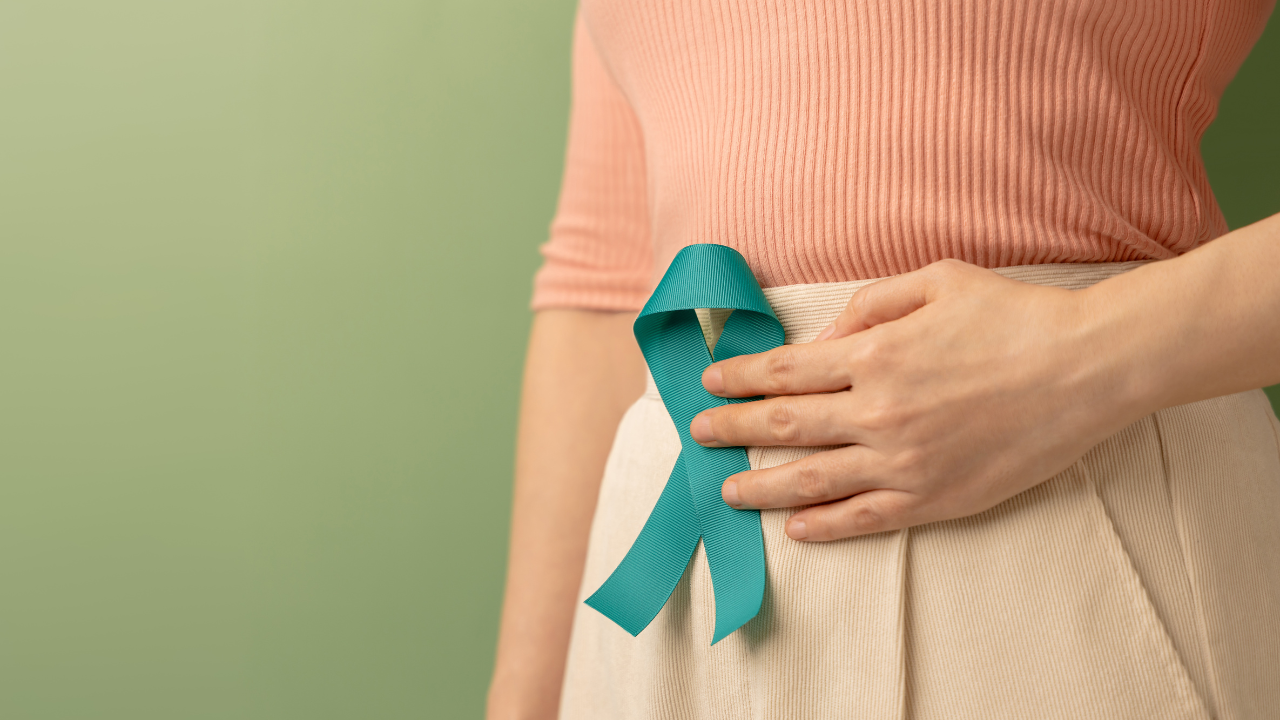OK, it’s just midweek, and there’s the kids’ sports practice. There’s also a big deadline coming up next week at work, and how can there be no groceries at home? The dishes have been piled up for a couple of days, and don’t get me started on the laundry.
Then – hello – here comes your period.
There’s enough stress in our day-to-day lives without our regularly scheduled monthly visitor. But that extra tension you feel? Those throbbing headaches and the itch to just yell at someone? Yep, that could be your period talking.
“There are more than 100 symptoms that women can experience before they have their period – anything from physical to emotional to behavioral symptoms,” said Dr. Robert Stager, an OBGYN with Augusta University Women’s Health.
Over one hundred? Well, thanks, nature. Premenstrual syndrome or PMS is something that most of our mothers warned us about. And according to Stager, about 70 percent of us enjoy some type of symptom in the week or two before the arrival of our periods. About 30 percent of those have marked symptoms that affect our daily lives. And about 3 to 5 percent of those have severe symptoms that impact our ability to go to work and to interact with our families and friends.
Those severe symptoms are in a category all their own and are known as premenstrual dysphoric disorder or PMDD.
Why, nature, why?
PMS and its more severe counterpart, PMDD, are still not completely understood, even though the syndrome has been described for centuries, beginning with Hippocrates (of the Hippocratic Oath fame). But it centers around the fluctuation of the hormone progesterone, which rises during ovulation, when an egg travels from your ovary to your uterus. It may also be related to a drop in serotonin, a neurotransmitter in our brains that at the appropriate levels helps us to be in a good mood.
“But why PMS happens in some women, we still don’t understand,” Stager said. “It may be that neurotransmitters respond differently in every person depending upon various physical or emotional stressors.”
After all, those 100 symptoms of PMS can range from physical symptoms such as breast tenderness, bloating, constipation or diarrhea (or both, lovely), fatigue and headaches. That along with hormonal changes can trigger the emotional and behavioral component, including tearfulness, irritability or aggression, anxiety, mood swings and depression.
More than a bad month
On the flip side, women may be diagnosed with PMDD if they have at least five of 11 key symptoms over at least three consecutive months, starting about seven to 10 days before the period and going away within a few days of the period. The symptoms are: severe mood swings, marked anger, marked irritability, high tension, decreased interest in usual activities, fatigue, change in appetite, sleep problems and physical problems, such as bloating.
They may sound similar to the PMS symptoms, but the difference is how greatly they impact your life.
“Everyone can have a bad month,” Stager said, “but women with PMDD may be very angry, upset or simply shut down. They may not be able to go to work, [have to] avoid friends and loved ones, and don’t want to do any of their usual activities.”
Then, just like that, a few days into the period, the symptoms lift.
“If it sounds like a roller coaster, it’s because it is,” Stager said.
What worries physicians is if those symptoms don’t go away, which could be a sign of a longer-term severe depression. Stager advises his patients with PMDD symptoms to keep a mood diary for three months to help diagnose if it really is PMDD or depression.
Treatment for either can include serotonin uptake inhibitors such as Zoloft, Paxil or Lexopro, as well as Prozac. Patients with PMDD may only need to take the medications during the one or two weeks prior to their period. Diet and exercise, as well as natural remedies, may also be helpful.
“It’s a bit of a cliché, but dark chocolate actually does help raise serotonin levels,” Stager said. “So it’s a good excuse to indulge.
“But the key is that not all symptoms mean PMS, and having a down day doesn’t mean you’re depressed,” Stager added. “But if it’s recurrent and affecting your daily function, it’s worth talking to a health professional. After all, why not feel better?”





